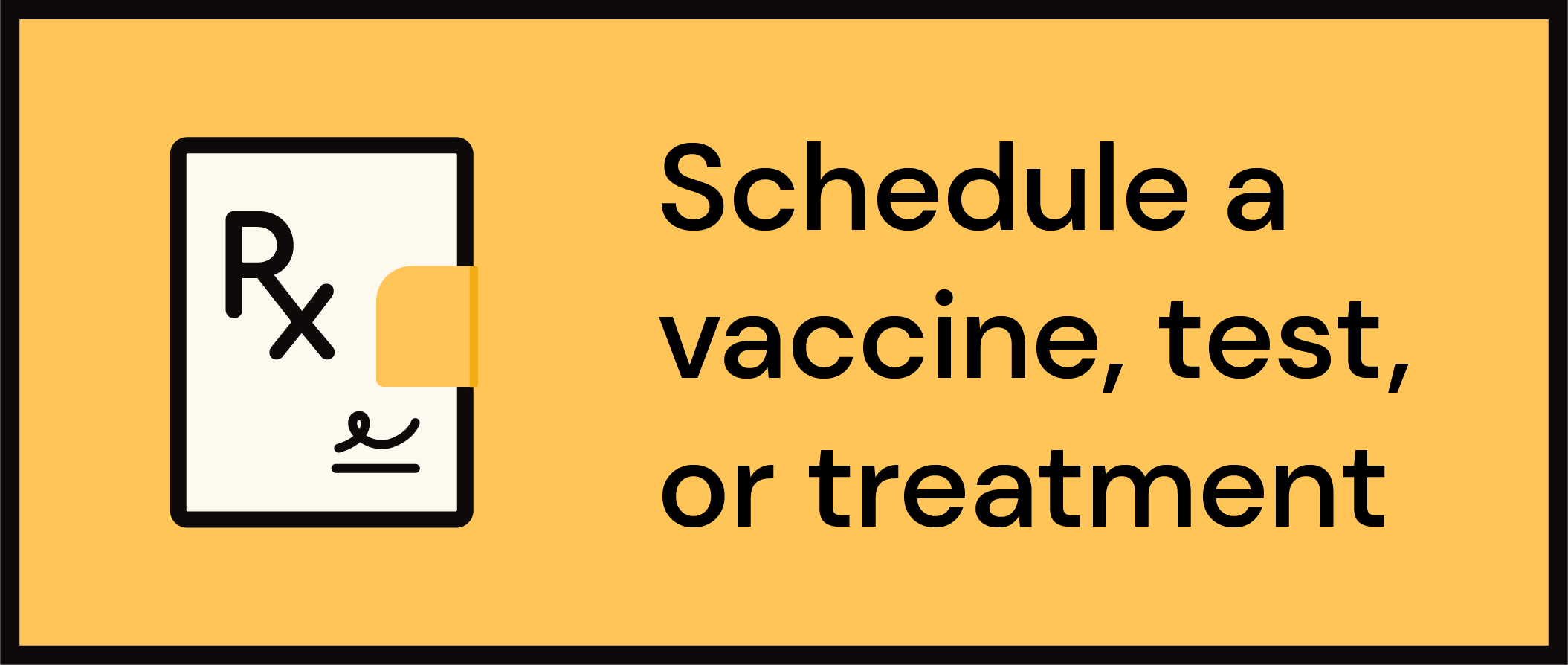Get Healthy!

- Cara Murez
- Posted March 14, 2023
Most Americans With Medical Debt Owe Money to Hospitals
When Americans have medical debt, it's typically to a hospital, according to new research.
The Urban Institute found that more than 15% of non-elderly adults in the United States have past-due medical debt. Nearly 73% owe some or all of that money to hospitals.
"These findings highlight the persistent challenge of medical debt in America, and the role of hospitals as a key source of that debt,"said Michael Karpman, Urban Institute principal research associate.
"Understanding the experiences of people with past-due medical bills can inform discussions around new consumer protections to alleviate debt burdens,"he added in an institute news release.
Data came from the Urban Institute's Health Reform Monitoring Survey of adults aged 18 to 64 in June 2022.
Although federal regulations stipulate that nonprofit hospitals must provide charity care and other community benefits, these organizations determine their own charity eligibility criteria. Financial assistance policies are often difficult to find and understand, the investigators noted.
About 60% of U.S. hospitals are nonprofit organizations. For-profit hospitals are exempt from these consumer protections.
The survey also found that about 28% of adults with past-due medical debt owe all of their debt to hospitals. About 45% owe their debt to hospitals and other providers.
More than 20% owe at least $5,000 and most owe at least $1,000. Adults with past-due hospital bills were more likely to have much higher total amounts of medical debt than adults with only debt from non-hospital providers, according to the survey.
Almost 61% had been contacted by a collection agency.
Those who had incomes below 250% of the federal poverty level ($57,575 for a family of three) were no more likely to avoid being referred to debt collection or receive discounted care when compared to higher-income earners, the findings showed.
"High rates of medical debt underscore the challenges millions of families and adults -- especially families and adults struggling to make ends meet -- face trying to pay their medical bills,"said Gina Hijjawi, senior program officer at the Robert Wood Johnson Foundation.
"We see that individuals with disabilities, and Black and Latino adults are disproportionately represented among adults carrying past-due medical debt. Consumers need standards in place that protect them from undue medical debt and help them obtain affordable care,"she added.
The research was supported by the Robert Wood Johnson Foundation.
More information
The Consumer Financial Protection Bureau has more on medical debt.
SOURCE: Urban Institute, news release, March 13, 2023








